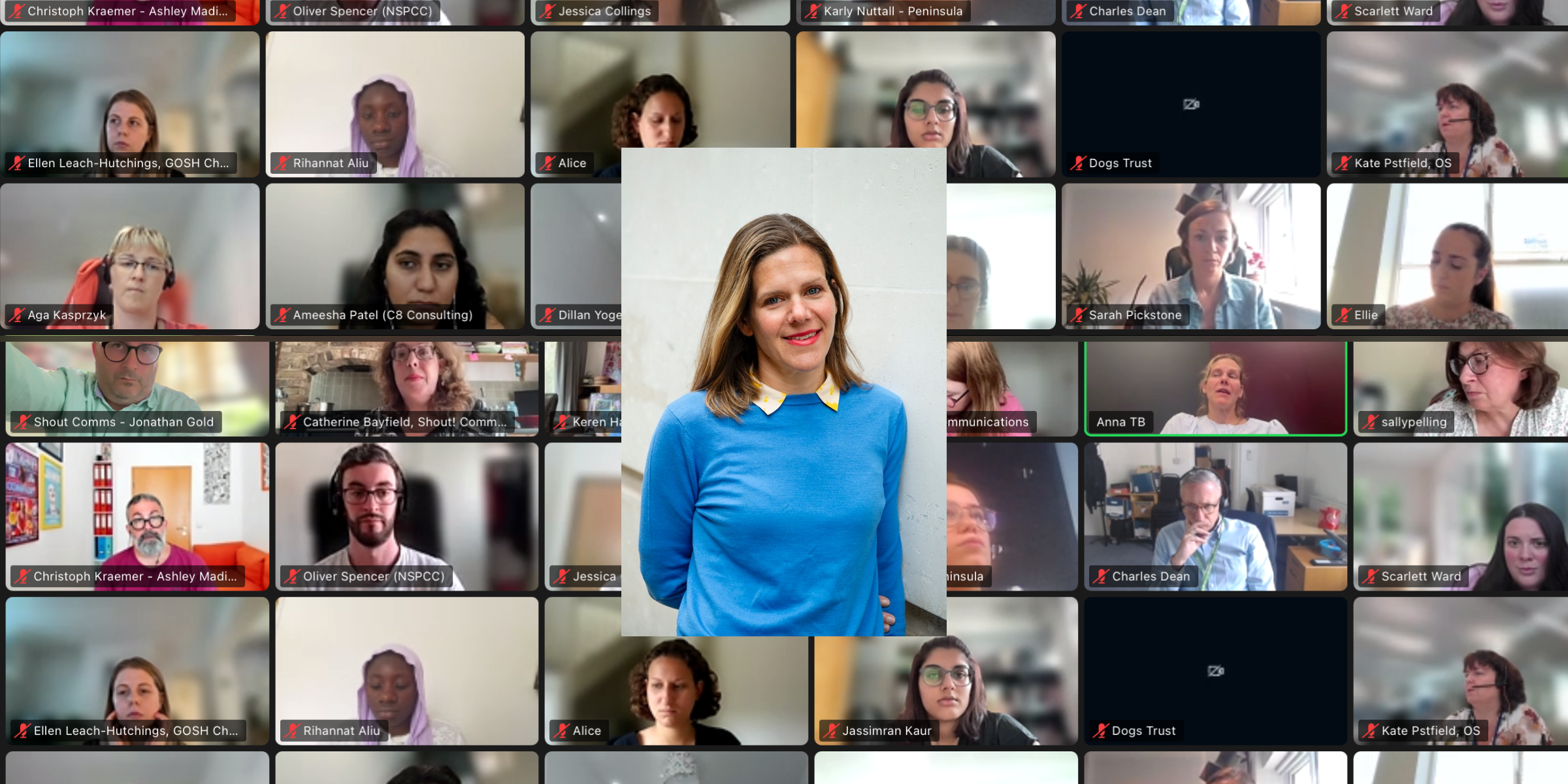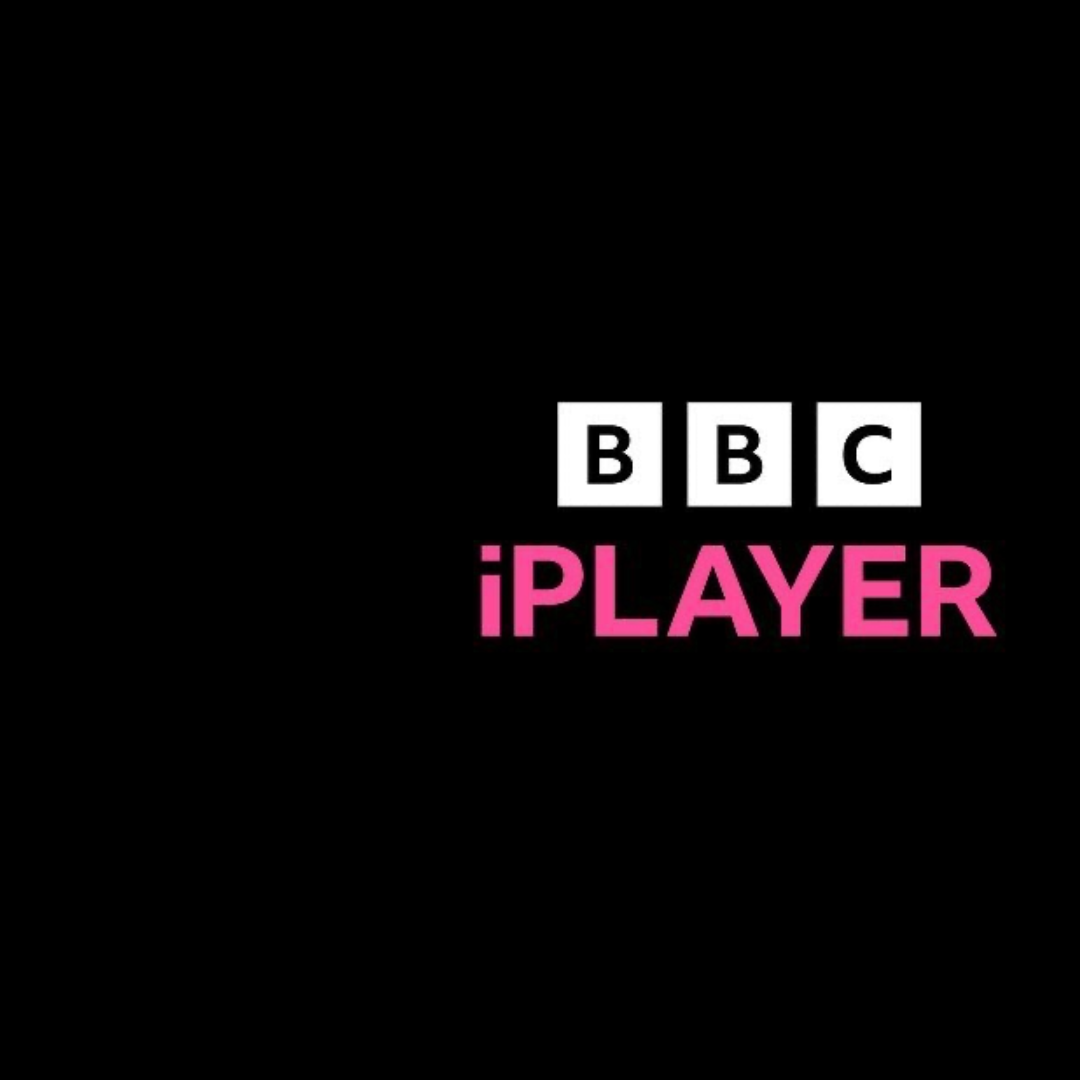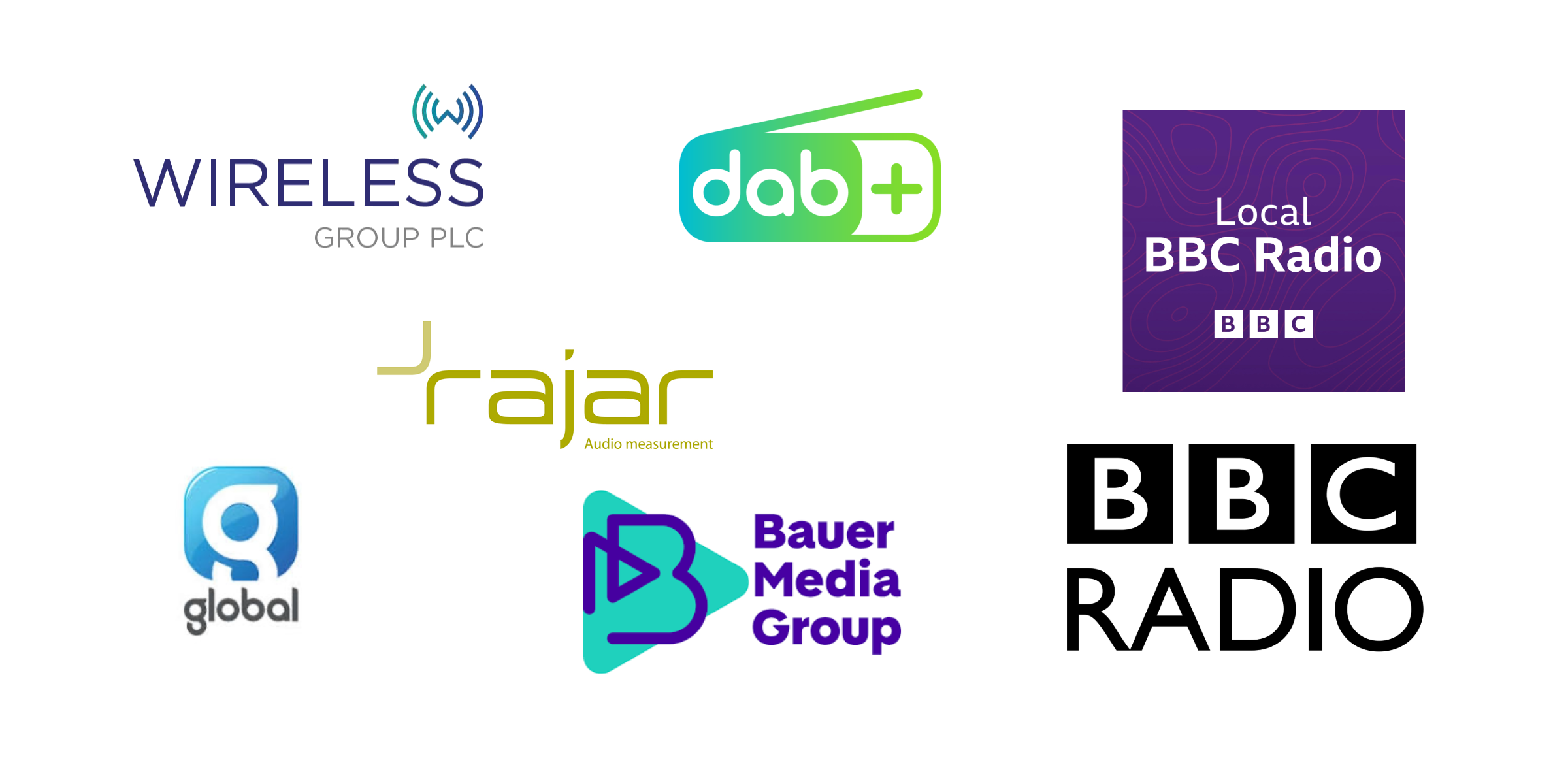Anna Tatton Brown has been with BBC News for more than 20 years, a career that has seen her dip into BBC Breakfast, Newsnight, Victoria Derbyshire and the One O’Clock News. She’s now one of four Deputy News Editors who oversee a 135 strong team, producing UK and global stories for BBC News Channel.
Anna was just 18 when she first worked for the BBC, via a temping agency. She left to go to university but returned each holiday.
On graduating she returned, with no journalistic background, to work as a production secretary. This took her to all sorts of BBC departments.
It was a stint in the newsroom, however, that made her realise she was a woman who thrived on stress and the rush of adrenalin.
She moved into a role as a researcher and over the last couple of decades has worked her way up the ladder in news to her current role at BBC News Channel.
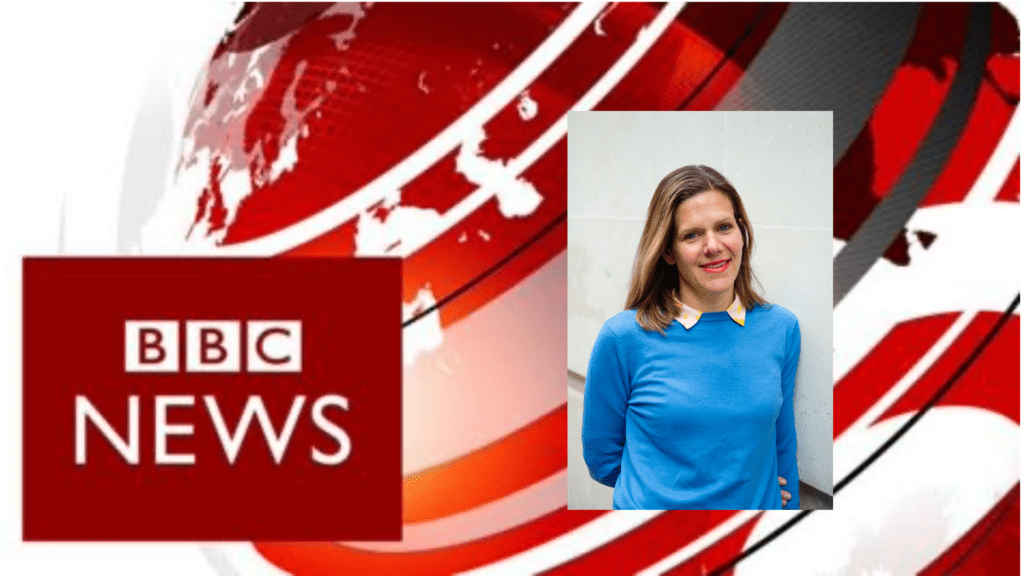
THE CREATION OF BBC NEWS CHANNEL
BBC News Channel is the merger of what used to be BBC News and BBC World, a change that was made in April 2023. It’s a single output except for when a breaking UK news story happens during the day, in which case there is an option for a separate feed for UK viewers.
Have UK audiences been affected by an increase in global news, is a question Anna Tatton Brown and her colleagues ask regularly.
The merger started as a cost saving exercise, but Anna, claims, it’s also a reflection on how audiences want their news.
It’s no secret that TV audiences are declining, and that young people in particular prefer video on demand.
There is, she says, a need to a curated, thoughtful take on the day – but does it have to be on terrestrial television or could it be on iPlayer?
TikTok is one of the BBC’s biggest competitors when it comes to young people, and it’s thought many are paying more attention to influencers than they do to news from bonafide organisations. It is Anna says, a question of how to square that circle. Should the BBC bring influencers to the young, or try to make its own journalists into “personalities”.
Anna cites a podcast called “Reliable Sauce”, presented by two young producers Kirsty Grant and Jonelle Awomoyi as a successful bridge between the corporation and a younger audience. She calls it relevant and fresh – much better, she says, that old people trying to talk like young people!
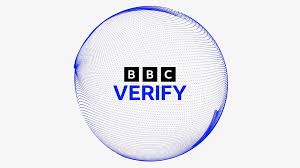
Anna Tatton Brown gives political editor Chris Mason as an example of the BBC working at its best, talking audiences through what’s happening with a story and holding the powers to be to account. The latter, she says, is one of the BBC’s main goals.
For a number of years the focus for retaining audiences has been on the young – but the corporation has also got to decide what to do with its female audiences. Research suggests that women are more likely to suffer from news avoidance than men. News is everywhere, says Anna, and sometimes audiences find it too much – even when you want to know what’s going on.
The Titan sub, which imploded during a descent to the Titanic wreck killing all five people on board, the solar eclipse and election night were amongst the most viewed stories this year. The cost of living continues to be a global phenomenon. But, the BBC realises it should be covering more social trends, on topics like relationships, in order to attract more women.
Anna Tatton Brown says it’s easy to fill bulletins with hard news, but it’s better that programmes are more textured. This comes back to news avoidance – if people think news is bleak all the time, they won’t watch. A bulletin needs to have light and shade.
SOME PR TIPS TO HELP SECURE COVERAGE ON BBC NEWS CHANNEL
There is less space for PR stories now, since the merger of BBC News and BBC World which has resulted in an abundance of content which editors can choose from. But despite this challenge, there are still things you can do to enhance your PR story.
Case studies are hugely important to news, claims Anna Tatton-Brown. That’s because they engage audiences by making stories relevant.
You have to be smart – finding a hook that comes off an organic news story is best. Offering case studies helps too. The BBC will still take B-Roll, they don’t really like to because it means they have less editorial control, but cutbacks in resources mean when you offer it they are often grateful.
The best chance of PR coverage is if you can offer an expert to comment on a news story that’s already out there. The BBC is well served with a large stable of experts, but is always keen to extend this and use a wide range of voices.
NEED SOME HELP?
We are experts helping brands and organisations secure coverage on national and regional television, in the UK and the US. We’re always happy to discuss a campaign. Email Hello@shoutcommunications.co.uk or give us a call on 020 7240 7373.
